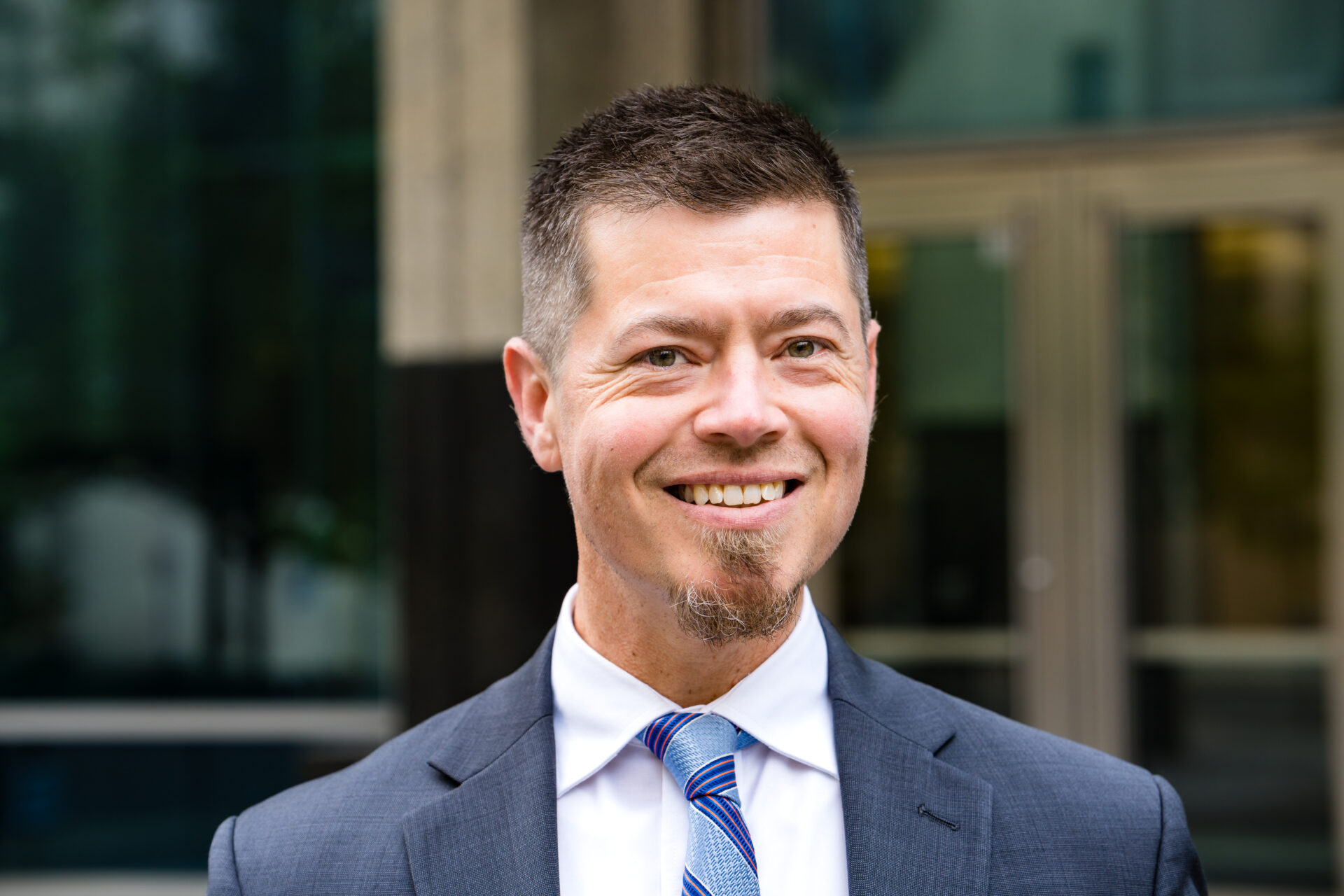In North Carolina, it is a crime to engage in the production, possession, or distribution of child pornography. Under NC state law, the crime is categorized at three levels: first degree (NCGS 14-190.16), second degree (NCGS 14-190.17), and third degree (NCGS 14-190.17A).
To successfully prosecute an individual for 1st Degree Sexual Exploitation of a Minor, the state must prove that the person:
- Uses, employes, induces, coerces, encourages, or facilitates a person under the age of 16 to engage in or assists others to engage in sexual activity for either a live performance or for the purpose of producing material such as pictures or a video that depicts this activity.
- Permits a minor under his control or custody to engage in sexual activity for a live performance of to produce pictures or video.
- Transports or facilitates the transportation with finances of a minor through or across the state with the intent of having the minor engage in sexual activity for a live performance or to create pictures of video.
- Records, photographs, develops, or duplicates material for sale of pecuniary gain that contains a visual representation of a minor engaged in sexual activity.
More generally this means that anyone who participates in or facilitates the process of a minor performing in a live show such as at a strip club or working for example as an escort or private dancer, or someone that takes pictures or produces other materials such as video of a minor engaged in any sort of sexual activity, is considered to have committed first degree sexual exploitation of a minor.
To successfully prosecute and individual with 2nd Degree Sexual Exploitation of a Minor, the state must prove that the person:
- Records, photographs, films, develops, or duplicates material that contains a minor engaged in sexual activity.
- Distributes, transports, exhibits, receives, sells, purchases, exchanges, or solicits material that contains a visual representation of a minor engaged in sexual activity.
The difference between first degree and second degree is primarily that in first degree, the person is taking an active role in arranging the performance of sexual acts for the purpose of live performance or to create material to be distributed while in second degree, the crime is more focused on the act of recording or creating the material and not as much in the arrangement of the actual sexual activity. In the case of second degree, the allegation involves the copying or distribution of materials (for example, digital images or videos shared by way of a bit torrent site).
In third degree sexual exploitation of a minor, a person is alleged to;
- Possess material that contains a visual depiction of a minor engaging in sexual activity.
Third Degree Sexual Exploitation of a Minor is the charge most commonly used when someone is in possession of child pornography but has it for personal use and is not distributing it.
It is common for evidence in these types of cases to come from the internet, including bit torrent sites, chat rooms, and other online sources. Usually, law enforcement builds a case by trolling sites and monitoring download activity, and the investigations are usually lengthy. Often, a law enforcement officer will contact a suspect to gather more information in the course of the investigation. If this is the case, you should immediately hire a sex crimes attorney for pre-arrest representation and not speak with law enforcement without that attorney present.
If you have already been charged, a skilled criminal defense lawyer will evaluate the facts of the case to determine a defense strategy for how best to manage the case. Once concern in sex offense cases involving child pornography, especially in cases of creation and distribution, is that these charges can become federal charges, which greatly increases the potential consequences.
★★★
Raleigh/Durham criminal lawyer Ben Hiltzheimer is a defense attorney in Durham, North Carolina, who represents individuals charged with DWIs and the full spectrum of misdemeanors and felonies. Contact us for a free, confidential consultation and case evaluation at (919) 899-9404.







